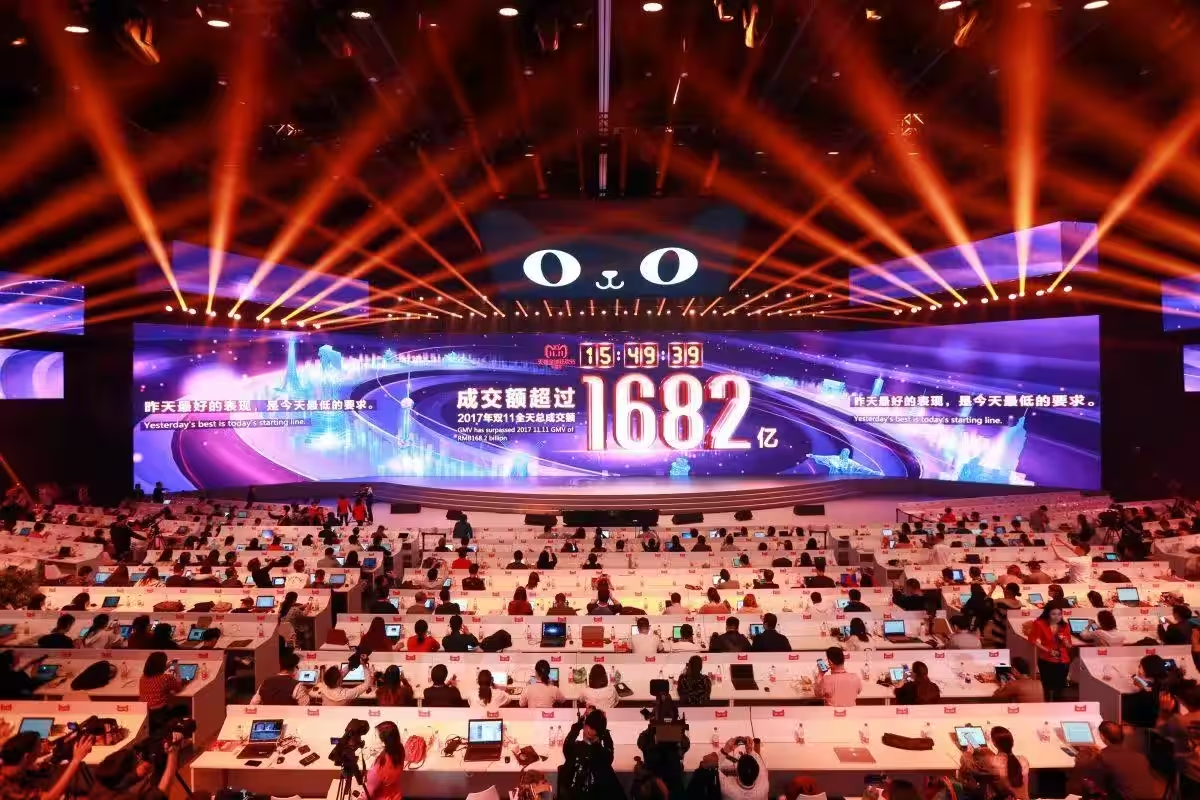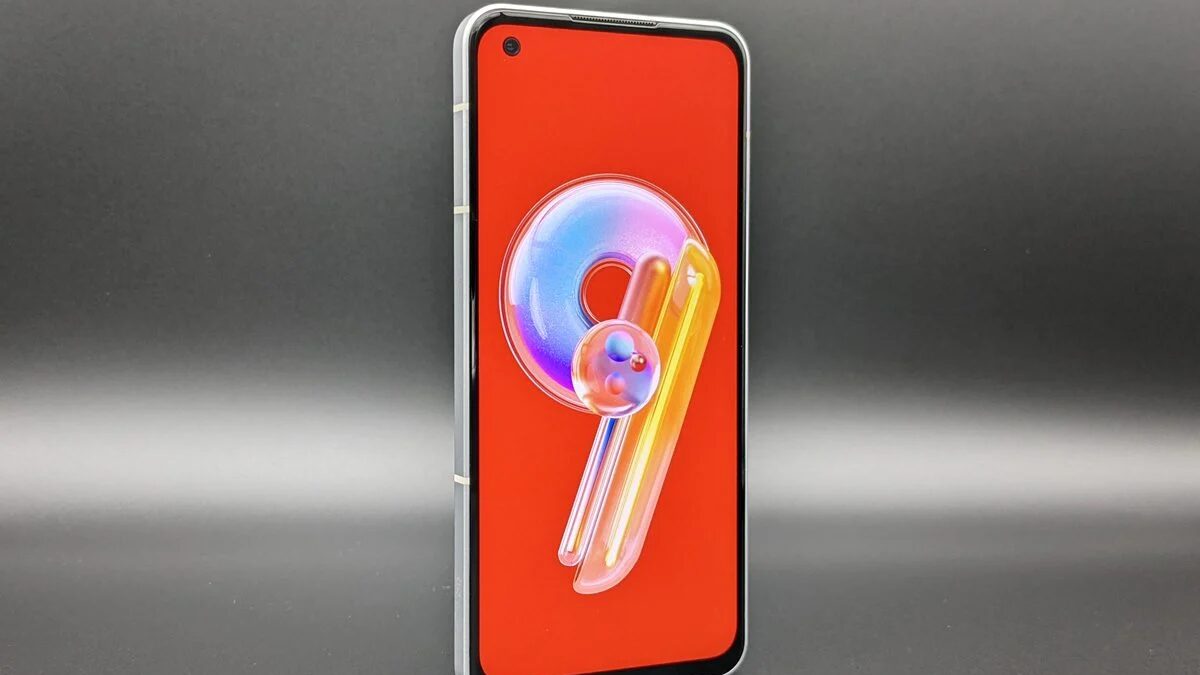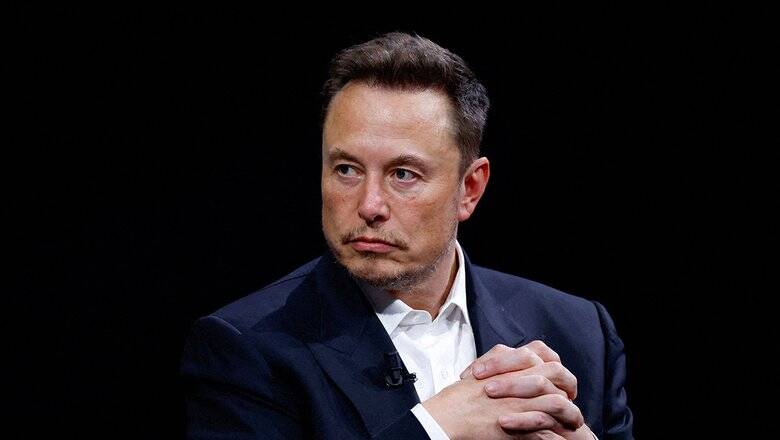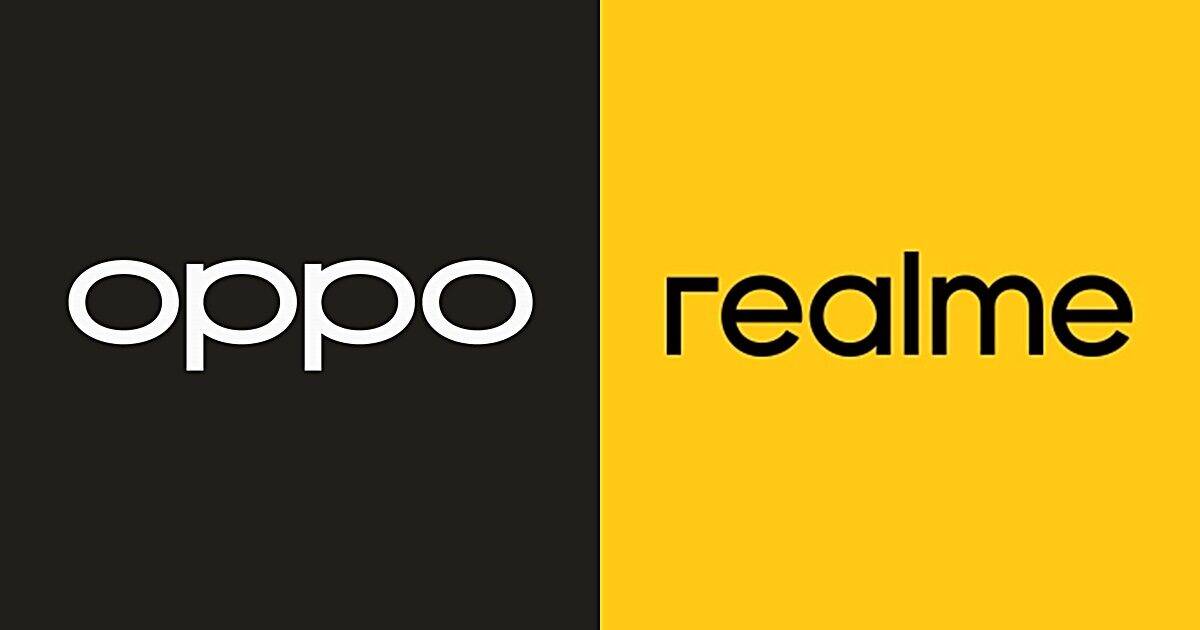China launched 11.11 sales five weeks early

The economy has faced a number of challenges in recent months: rising youth unemployment, a protracted real estate crisis, high government debt and an ongoing trade war with the United States. These factors are forcing consumers to cut back on spending. The government is spending billions of yuan on subsidies for families, wage hikes and discounts on goods, but retail sales growth still falls short of expectations. Singles’ Day, originally created by Alibaba, has evolved over time from a one-day event into the country’s biggest shopping festival. It is comparable to Amazon Prime Day or Black Friday and generates a significant portion of the annual revenue of China’s online marketplaces. This year’s campaigns started just after the end of Golden Week — a public holiday. Taobao, JD.com and Douyin are actively promoting «11.11» on their platforms, offering coupons and promo codes. Alibaba announced that its «Global Shopping Festival 11.11» will kick off on Oct. The company is using artificial intelligence to improve search and personalized recommendations to help shoppers navigate the huge assortment. After the pandemic, Chinese have become more cautious in spending, and deflation has reinforced the trend toward saving. This is especially evident in the luxury brand sector: Louis Vuitton and Burberry reported a drop in sales in China, which accounts for about a third of the global luxury market. After the pandemic, Chinese consumers have become more cautious about spending in China, which accounts for about a third of the global luxury market. Investors, however, are showing moderate optimism — shares of LVMH and Moncler rose amid signs of a recovery in demand in the region.,%20which%20traditionally%20takes%20place%20on%20Nov.%2011,%20kicked%20off%20as%20early%20as%20mid-October%20in%202025.%20Retailers%20started%20the%20sales%20five%20weeks%20early%20in%20an%20effort%20to%20push%20consumer%20spending%20amid%20the%20economic%20downturn./ph2%20class=)

How the campaign is going in 2025









